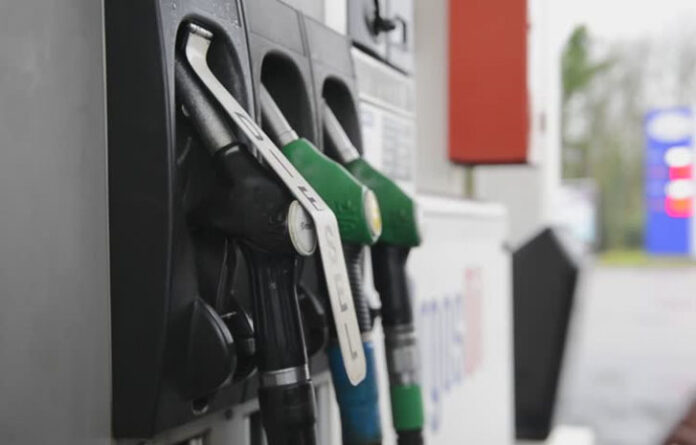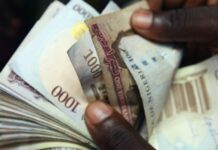On Tuesday, Nigeria’s new Institutional Reform Campaigner, Jonah Ubanmhen, said Nigeria could no longer rely on its previous economic development model of depending on Oil resource wealth but build a reliable, admirable, and respectable image through precise communication methods to ensure sustainable development.
This statement was made at a forum on shaping communication strategies and efforts to mobilize FPIs and FDIs in the country for guaranteed industrial and national security.
According to Jonah, “We should not and cannot simply repeat the mistakes of the past, but strive to shape new industrial and value chain models to enhance technological Innovation and import substitution, thereby deepening Nigeria’s capacity for international communication reforms and achieving high-quality utilization.
He stated further that “In order to ensure Nigeria’s industrial and national security, we must project a more “reliable, admirable and respectable image that is attractive to the developed and developing countries of the world. We must strive to have at least one alternative market position with significant comparative advantage and develop the right policies around it”.
So far, he added,” Nigeria knows it cannot rely solely on a fluctuating oil market for income, and foreign investment is not anywhere near where we want it to be. This is the reason we consider adopting the new strategy of mobile journalism policy to tell our story and change how Nigeria’s narrative is told by the foreign and local media in order to ensure the country is appealing to foreign direct investment (FDI), which among other criteria, requires putting a lot more effort and resources into shaping the media narrative, media training and more lucrative employment contracts, and free contents to news outlets.
Most official members also said Nigeria’s position overseeing a new market development with broad principles makes more sense than trying to welcome a more competitive oil sector, as OPEC has done.
Like most countries, it is common to use soft power initiatives such as the media to improve their political and economic position in the world. In these cases, Nigeria will need to do more by harnessing the potential of mobile media in order to boost its international presence and promote its economic development.
Mobile media is one of globalization’s biggest contributors. Its use of mass media plays a crucial role in informing the public of events happening outside of their immediate surroundings. This Interconnectivity provides a link between countries and regions, allowing easy exchange of ideas and cultures. Information is now wildly spread more than ever before. “Due to globalization, everything is connected to everything else without any geographic or socio-economic differences. Therefore, a new mindset is needed when considering sustainable economic strategies,” Jonah said.
In a way, Nigeria needs investment in its broadcast sector, specifically in the diaspora, to have their foreign missions and embassies own tells Nigerian stories. It needs an “international voice” to match its international strength, potentially driving better investment from abroad.
For Jonah, many questions remain. “What we have currently is a very centrally directed narrative; a genuine interest in attaining sustainability be found in an attempt towards a common, unified global image rebrand program where Nigeria can contribute its wisdom to solving issues concerning others. Therefore Nigeria will need to re-sits its course of economic sustainability,” he said regarding the study.











